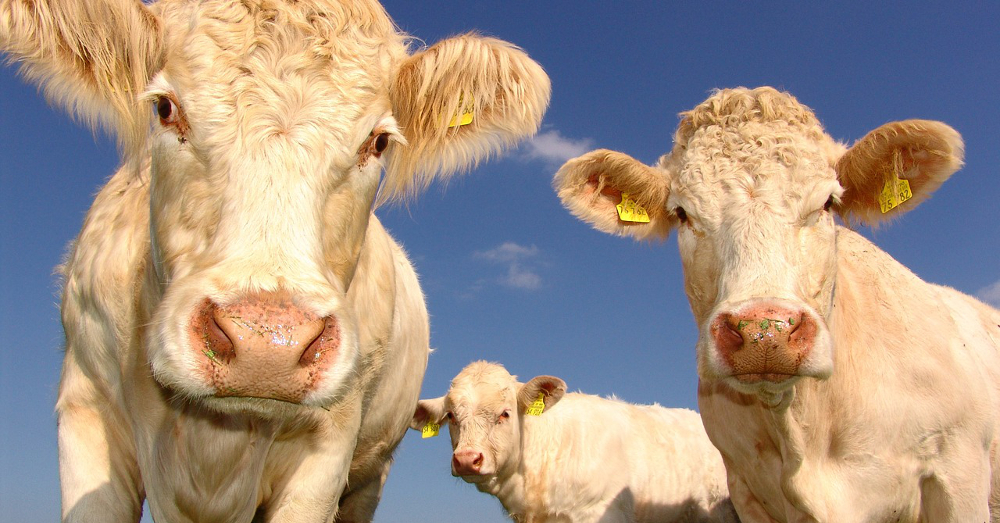
Can Dirt Save the Earth?
Climate change often evokes images of smokestacks, and for good reason: The single largest source of carbon emissions related to human activity is heat and power generation, which accounts for about one-quarter of the carbon we put into the atmosphere. Often overlooked, though, is how we use land, which contributes almost as much.
April 18, 2018 | Source: The New York Times | by Moises Velasquez-Manoff
Agriculture could pull carbon out of the air and into the soil — but it would mean a whole new way of thinking about how to tend the land.
When John Wick and his wife, Peggy Rathmann, bought their ranch in Marin County, Calif., in 1998, it was mostly because they needed more space. Rathmann is an acclaimed children’s book author — “Officer Buckle and Gloria” won a Caldecott Medal in 1996 — and their apartment in San Francisco had become cluttered with her illustrations. They picked out the 540-acre ranch in Nicasio mostly for its large barn, which they planned to remake into a spacious studio. Wick, a former construction foreman — they met when he oversaw a renovation of her bathroom — was eager to tackle the project. He knew the area well, having grown up one town away, in Woodacre, where he had what he describes as a “free-range” childhood: little supervision and lots of biking, rope-swinging and playing in the area’s fields and glens.
The couple quickly settled into their bucolic new surroundings. Wick began fixing leaks in the barn. Rathmann loved watching the many animals, including ravens, deer and the occasional gopher, from the large porch. She even trained the resident towhees, small brown birds, to eat seed from her hand. So smitten were they with the wildlife, in fact, that they decided to return their ranch to a wilder state. For nearly a century, this had been dairy country, and the rounded, coastal hills were terraced from decades of grazing. Wick and Rathmann would often come home and find, to their annoyance, cows standing on their porch. The first step they took toward what they imagined would be a more pristine state was to revoke the access enjoyed by the rancher whose cows wandered their property
